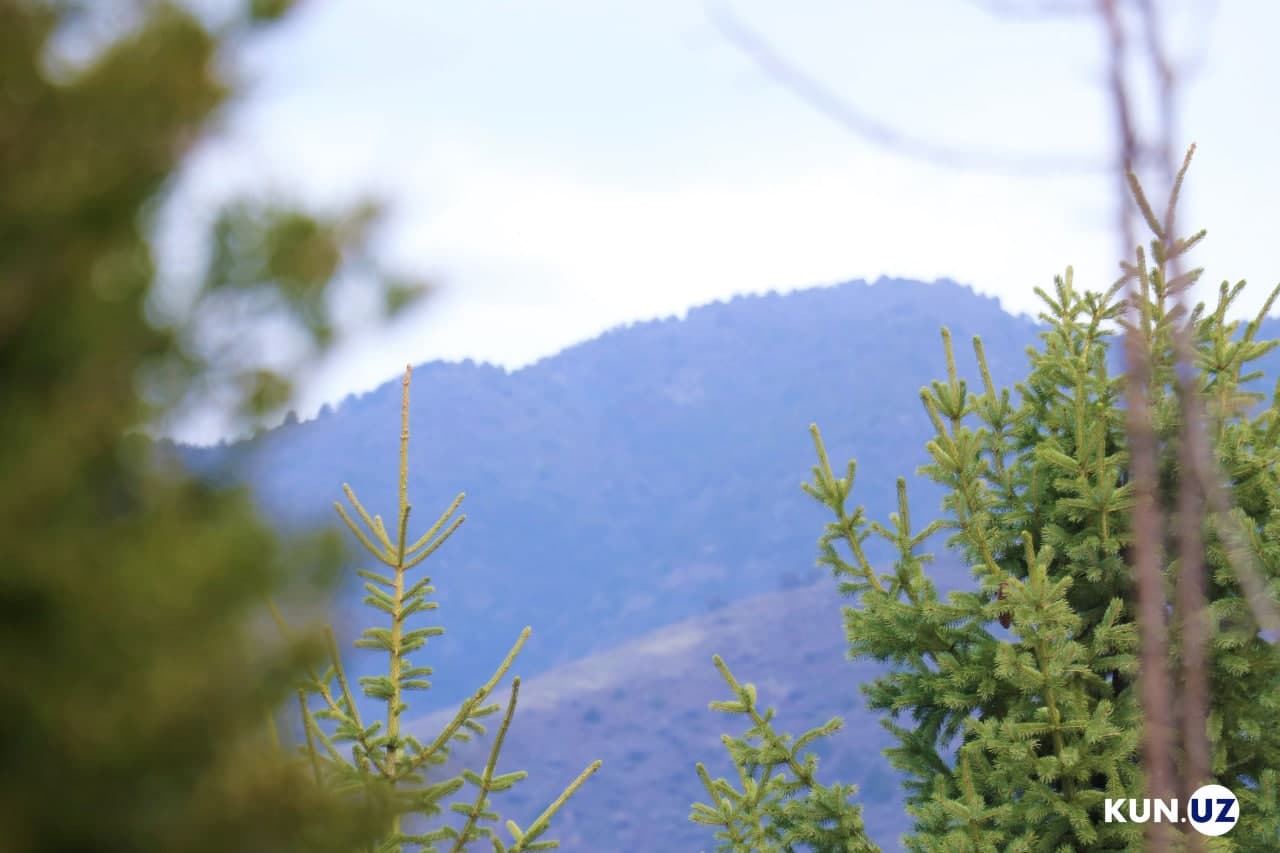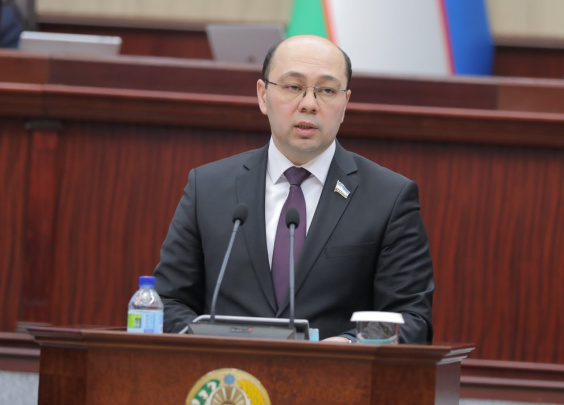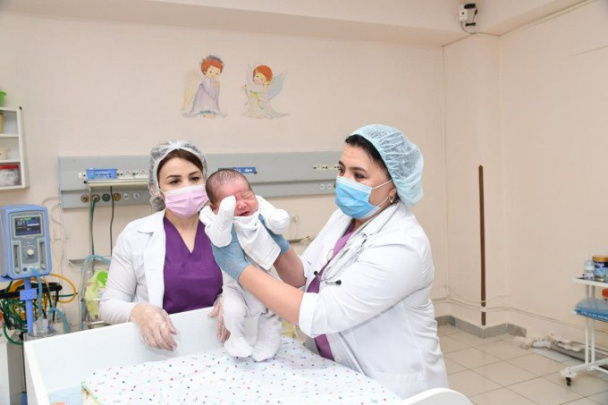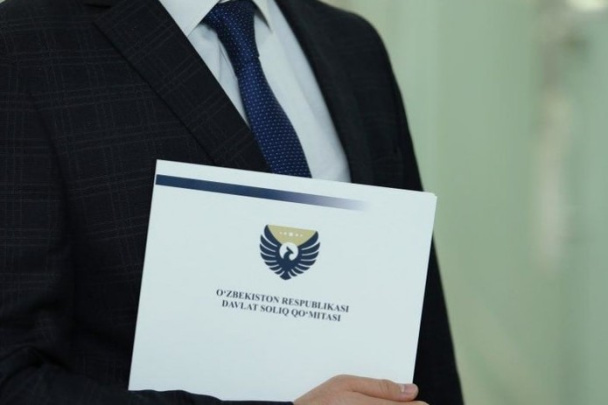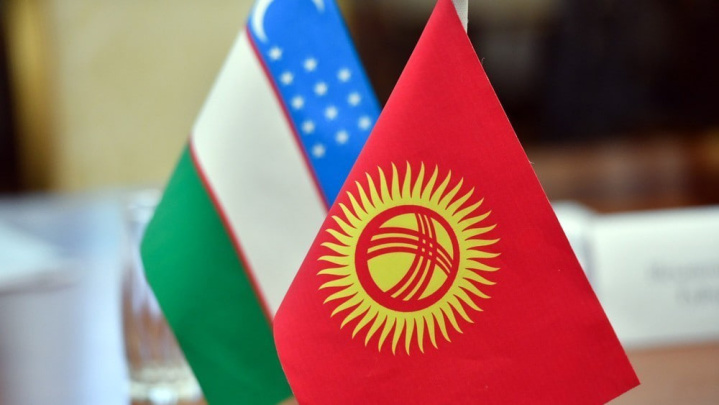As the press service of the international financial organization reported, these funds will be used to finance a project that will assist in improving the sustainability of landscapes and reforestation in various regions of the country, as well as the development of cooperation between Uzbekistan and other states of Central Asia in the restoration of transboundary natural zones.
The project is part of the World Bank’s Central Asian Landscape Resilience Program (RESILAND CA+). Its goal is to increase the resilience of landscapes by preventing desertification and land degradation, as well as increasing their readiness for the effects of climate change.
To implement the project, the International Development Association (IDA), a member of the World Bank Group, will provide concessional financing to the government of Uzbekistan at a low interest rate, with a maturity of 30 years, including a five-year grace period. Additional funding will be provided for the implementation of project activities from trust funds – the Korea-World Bank Partnership Fund ($3 million) and the Global Partnership for Sustainable Landscapes ($8 million).
Uzbekistan is a country with a small area of forests. It is estimated that they cover 3.68 million hectares, which corresponds to 8.6% of all land areas in the country. Over the past 30 years, their number has declined due to the uncontrolled development of animal husbandry, an increase in the demand for wood for use in various sectors and as a source of fuel in rural areas where energy sources are extremely limited, and the expansion of irrigated agriculture at the expense of forest areas. Climate change has become another factor in forest degradation, which has led to an increase in the number of fires, the invasion of pests and diseases of trees in forest areas.
The approved project will contribute to the achievement of the goals outlined in the new World Bank Group Uzbekistan Partnership Program for 2022-2026. Within its framework, the government will be assisted in the implementation of the next stage of reforms in the transition to an inclusive and sustainable market economy. One of the priority areas of the program is to increase the country’s environmental sustainability and its readiness to respond to the impacts of climate change that affect the way of life of people and the economy.
“A new project funded by the World Bank will help the authorities implement the provisions of the Concept for the Development of the Forestry System of Uzbekistan until 2030, adopted in October 2020. Through tree planting activities in degraded areas, the project will contribute to the resilience of local landscapes, the productivity of food systems, people and infrastructure, the creation of jobs and small and medium-sized enterprises through more efficient use of natural resources, and the development of ecotourism in protected areas”, the head representative of the World Bank in Uzbekistan, Marco Mantovanelli, said.
The State Forestry Committee is responsible for the implementation of the project, including the following activities:
• assistance in the development of the first in Uzbekistan unified database on forest plantations, as well as an information and communication platform for the State Committee on Forestry, which will allow it to be transformed into a modern and efficient organization;
• implementation of activities with extensive use of trees (agroforestry, development of forest tree plantations, orchards and forest pasture systems) in order to restore degraded lands in various regions of the country, as well as provide short-term employment for the local population within the framework of this activity;
• providing financial and training services to farmers for the development of small and medium-sized enterprises that use natural resources more efficiently;
• promoting more effective management of protected natural areas and forest reserves, as well as the development of sustainable ecotourism based on them. For these purposes, the project will finance work to create the necessary conditions in their territories. In particular, the construction of basic infrastructure, visitor centers, tourist and administrative facilities, camping sites, picnic and other recreational activities, path systems for tourists, etc.

